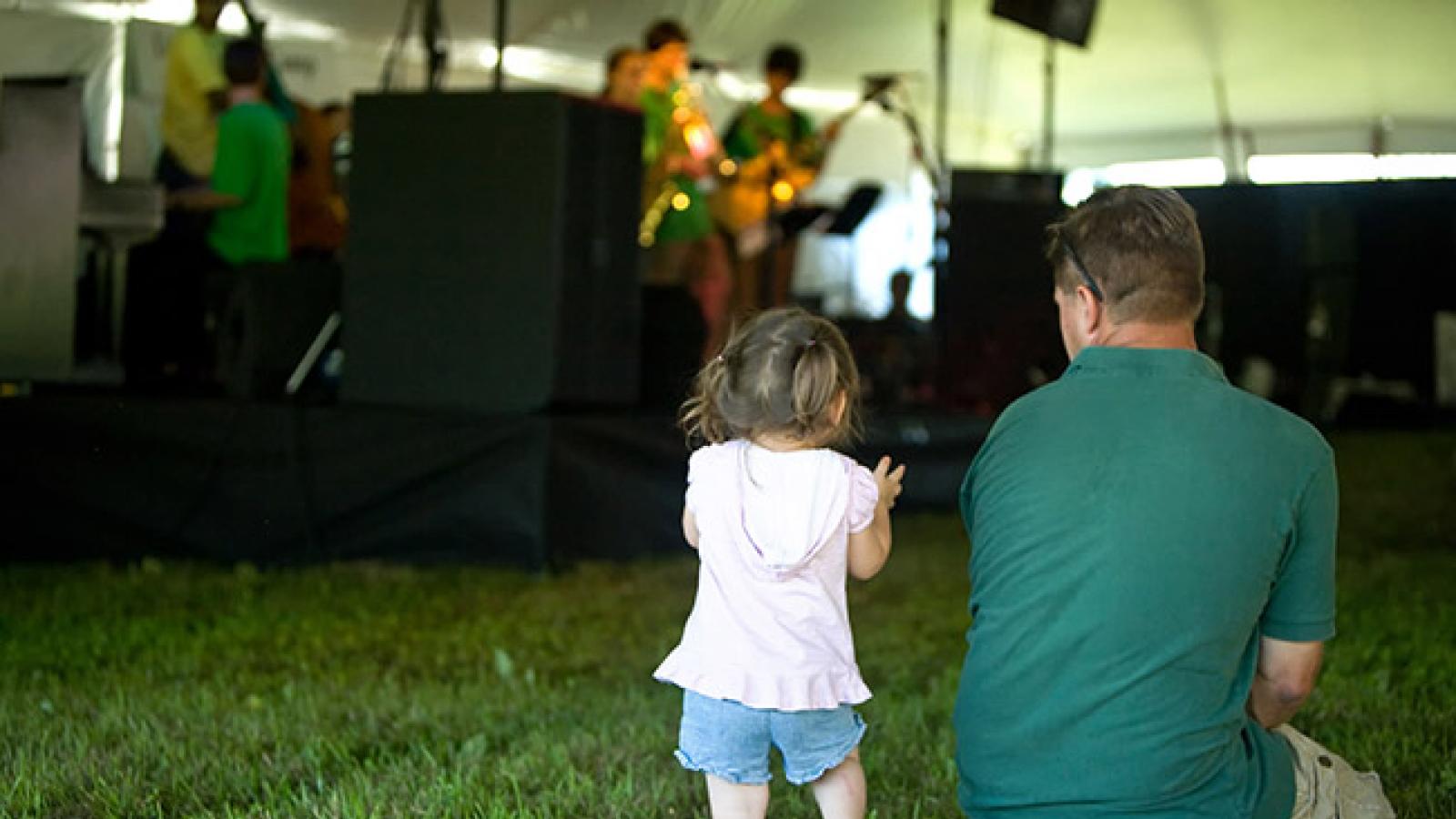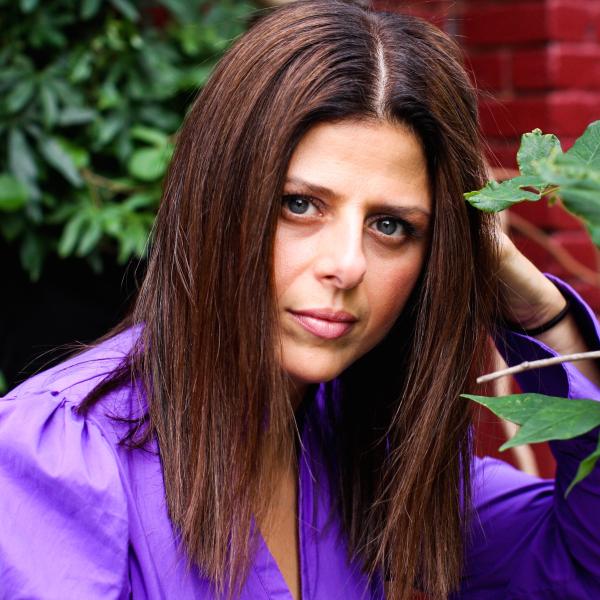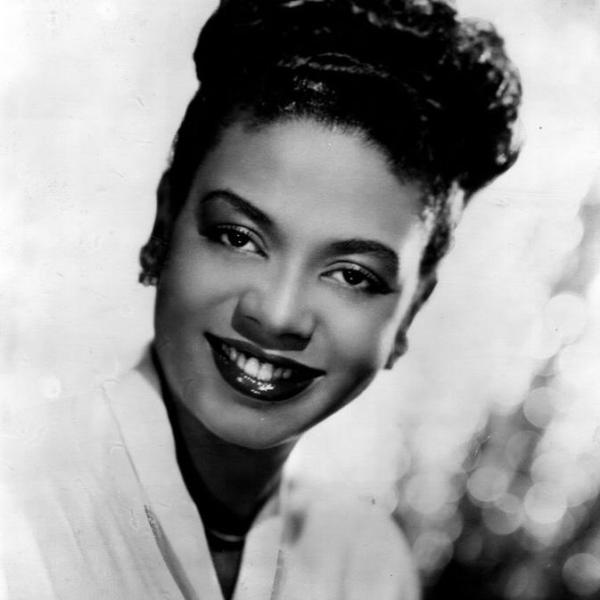Grant Spotlight: How Litchfield Jazz Festival Keeps the Music Going

A family at the Litchfield Jazz Festival, a longtime Arts Endowment grantee. Photo by Antonio Monteiro
“It's all the difference in the world whether [jazz] is live or recorded. There is a whole other level of experience that happens when you hear and see a concert live. There is an interaction between the musicians and that audience and that immediacy causes the musicians to rise to a whole other level. It's more exciting. It's magical.” -Vita Muir
When Vita Muir moved to Litchfield, Connecticut, she and her husband bought a large home that was perfect for entertaining. So why not make the most of it? In 1981, the couple began hosting classical music concerts in the living room, which “took on a life of their own,” Muir said. After experimenting with the addition of jazz and blues music, the concerts eventually morphed into the Litchfield Jazz Festival, a longtime NEA grantee that showcases emerging and established jazz stars over several days.Muir continues to serve as the festival’s executive director, and is always on the lookout for fresh talent and new approaches to engaging audiences. “I think you just have to be determined to keep [a festival] alive, to be creative about how you do it, to try new things but not expose yourself to massive risk,” said Muir about the challenges of her line of work, particularly during the digital age.
Although she notes that it’s easier than ever to access music online, she said that attending festivals such as Litchfield remains critical. “It's all the difference in the world whether [jazz] is live or recorded,” said Muir. “There is a whole other level of experience that happens when you hear and see a concert live. There is an interaction between the musicians and that audience and that immediacy causes the musicians to rise to a whole other level. It's more exciting. It's magical.” Muir also organizes the Litchfield Jazz Camp, which she considers to be the true heart of the umbrella organization Litchfield Performing Arts. Up to 400 students attend the camp every summer, many of whom come from low-income families and attend the camp free of charge. Campers learn about everything from musical technique to nutrition to the idea of “jazz as life.” Embracing the collaborative nature of jazz, the camp itself is non-competitive, and emphasizes the value of playing together rather than out-performing their peers. Muir suspects this is part of the reason that so many campers develop lifelong friendships, and often end up playing together professionally. “How do we change students’ lives? Profoundly,” said Muir. “Parents write me and say how astonishing this was for their child and what a growth experience it was.” As Muir prepares for her 24th festival this July, and 23rd summer of camp, she hopes to encourage creativity and intellectual curiosity among both audiences and students. And if nothing else, “I hope that they take away a deeper love for this music,” she said.



